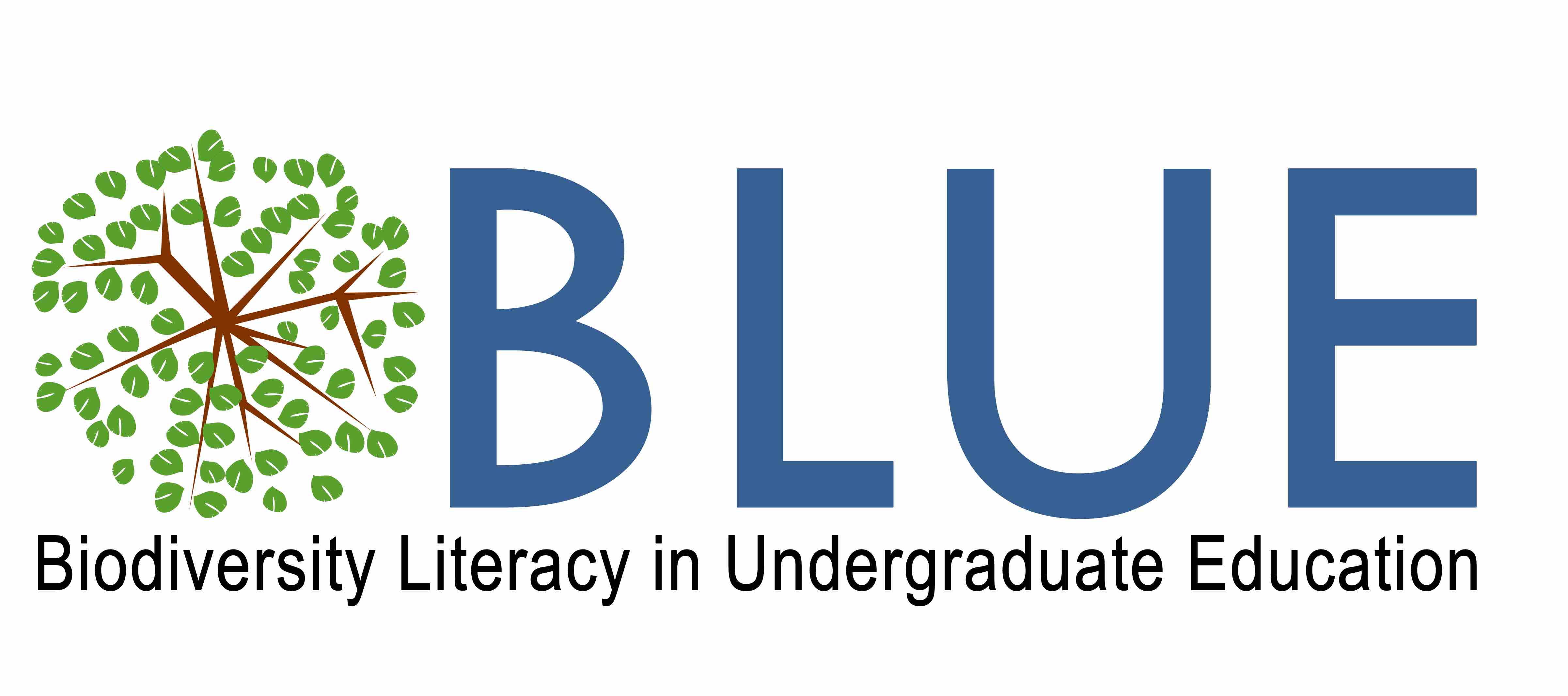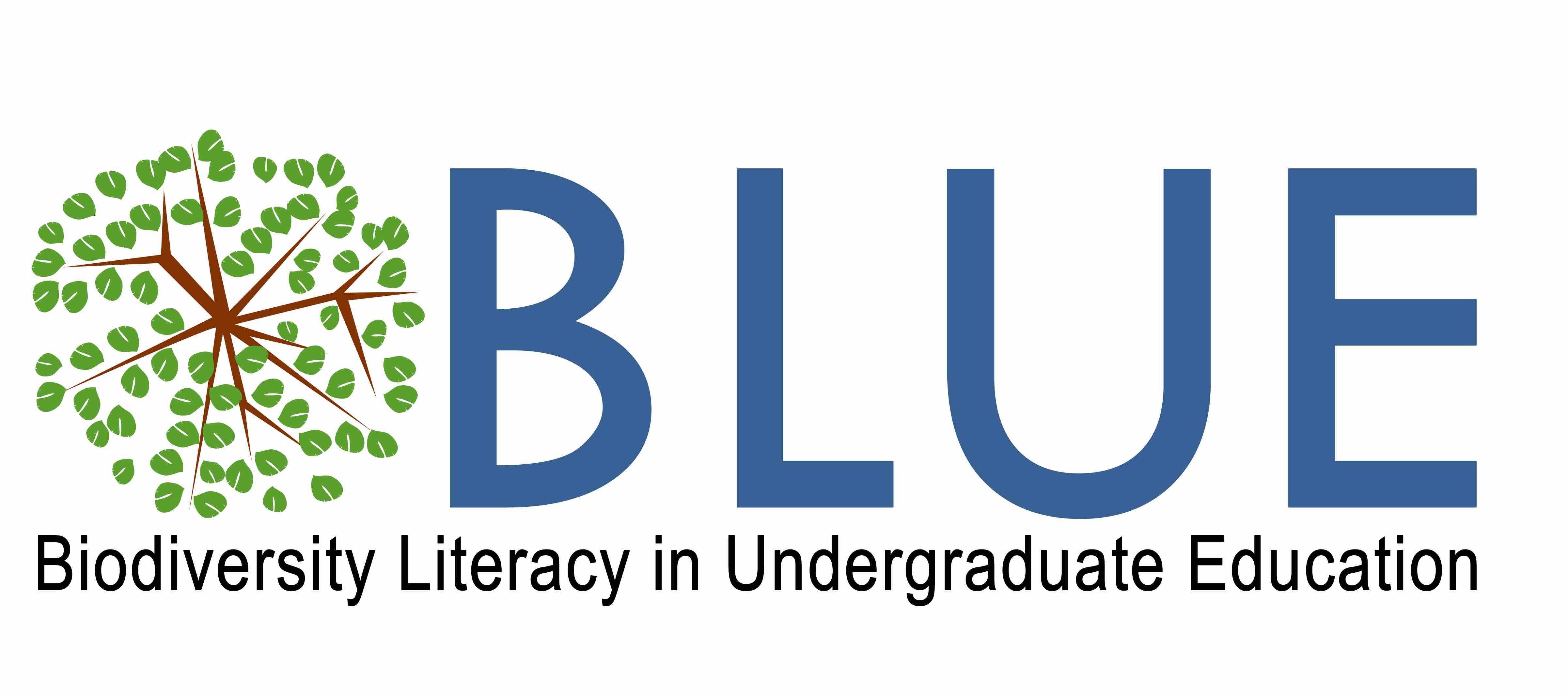Fall 2019 BLUE FMN
Overview
|
This is a completed Faculty Mentoring Network (FMN). FMNs are sustained, immersive, community-based professional development opportunities for faculty. FMNs support the adaptation and implementation of materials and/or instructional approaches in their classrooms. Learn more about FMNs. Interested in upcoming FMN opportunities? Sign up for the QUBES Newsletter Browse products from this FMN Visit partner groups for full resource collections |
Goals
- Develop, implement, and assess effective materials and innovative pedagogical practices for teaching with collections data and incorporating data literacy skills into the classroom.
- Build collaborations with experts in biodiversity collections data, science education, and data literacy skills.
- Work as a community of practice with diverse colleagues through a semester long collaboration in a FMN.
- Become a BLUE scholar
Mentors
- Anna Monfils, Central Michigan University
- Molly Phillips, iDigBio
- Libby Ellwood, La Brea Tar Pits and Museum
- Erica Krimmel
- Deborah Linton, QUBES
Final Products
DNA Barcoding & Biodiversity databases
Version: 1.0
This resource pairs DNA barcoding databases with Biodiversity databases. Students collect their insect specimens in the field and use BLAST and BOLD to identify their species. They then use biodiversity databases to obtain information on the species' distribution, recently submitted observations, and life history stage.
In this series of activities, birds will be used as the model organism. The modules examine the connections between body form and function over time by investigating the relationship between avian form and function.
This module uses digitized natural history and biodiversity collections to explore if, how, and whether disability can be studied in nonhumans as a form of biodiversity.
Following the Data - PowerPoint Addition to Module
Version: 1.0 Adapted From: Following the Data v1.0
This PowerPoint presentation guides instructors and students through the key background information for the module.
Data is the New Science - Modified and combined with Following the Data Module
Version: 1.0 Adapted From: Data is the New Science v1.0
In this module, students will be introduced to some emerging biodiversity data resources. They will be asked to think critically about the strengths and utility of these data resources and apply what they have learned to research a question.
Collections based research is a critical tool for organismal biology and biodiversity research. Yet natural history collections have a complicated past. This multi-class module examines the origins, problems, and current uses of collections.


